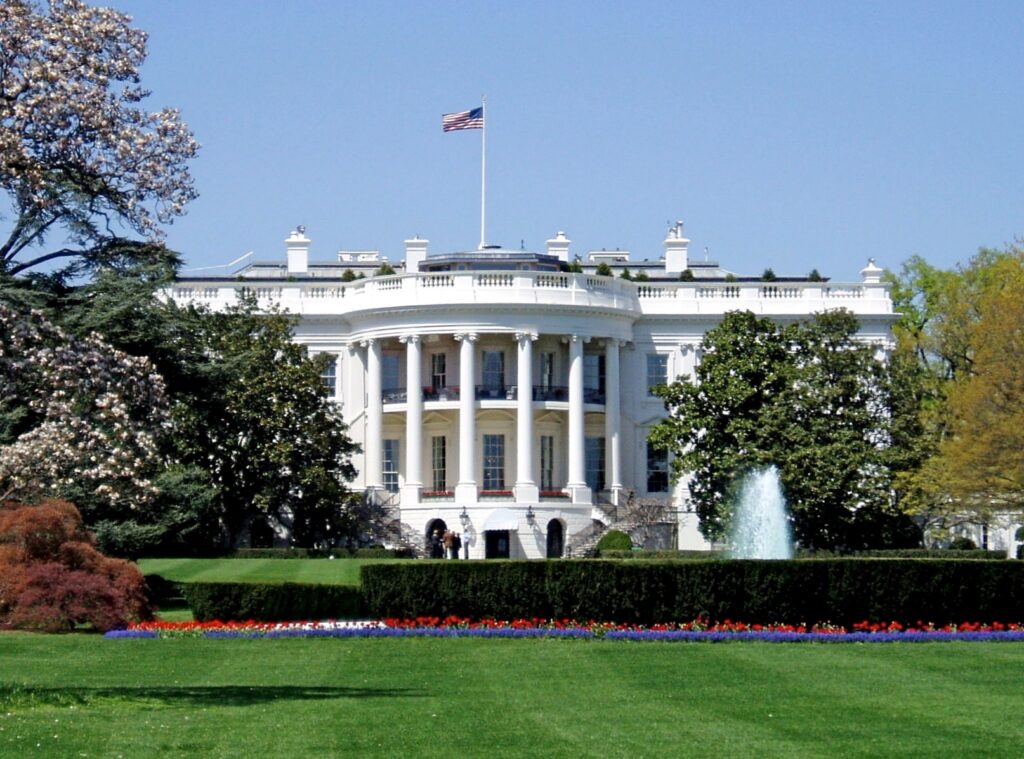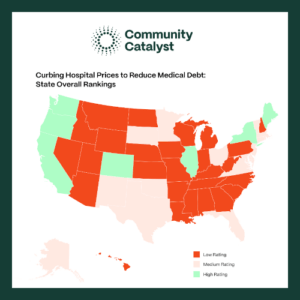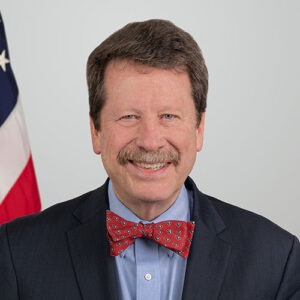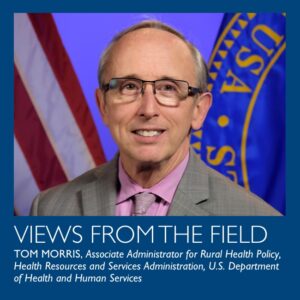The Final Reconciliation Package: Implementation of Key Provisions
On July 4, 2025, H.R. 1, the One Big Beautiful Bill Act, was signed into law. The implementation dates for key health care provisions in the law vary, with some taking effect immediately upon passage and others being implemented over several years. This resource details key dates for the implementation of the law’s most significant health care provisions.
Deadlines in Health-Related Executive Orders and Presidential Memoranda
This GIH policy resource details many of the health-related executive orders issued by the administration and includes a calendar of upcoming deadlines for when those orders are expected to be implemented.
Beyond the Exam Room: Impacting Health Outcomes Through Civic Engagement
August marks Civic Health Month, a time to showcase the link between voting and health and celebrate efforts that ensure every voter can support their community’s health at the ballot box. At the same time, the United States is grappling with a health care system ranked 37th globally despite consuming 17 percent of the country’s GDP. With 26 million Americans uninsured and 43 million underinsured, the gap in access to care continues to widen. This crisis will deepen as critical ACA subsidies expire at the end of 2025, potentially leaving 3.8 million more Americans without coverage, in addition to new federal cuts to Medicaid and changes to how coverage is accessed through the health insurance marketplace, which could result in as many as 20 million Americans losing their health insurance.
A Compendium of State Policies to Curb Hospital Prices and Reduce Medical Debt
Health care in the United States is the most expensive in the world by far and the reason is simple – health care providers keep increasing the prices of services. Hospitals, which represent the largest component of health care spending, have an outsized influence on medical debt in their communities through their policies and behavior.
FDA Commissioner to Deliver 2023 Lauren LeRoy Health Policy Lecture at GIH Fall Forum
Grantmakers In Health (GIH) is pleased to announce that Dr. Robert Califf, Commissioner of Food and Drugs at the U.S. Food and Drug Administration (FDA), will deliver the 2023 Lauren LeRoy Health Policy Lecture at the Grantmakers In Health Fall Forum in Washington, DC.
Feeding Hearts and Minds through Collective Action and Strong Partnerships
Grantmakers In Health began 2023 by announcing an ambitious set of health policy priorities supporting four key goals—to advance health equity and social justice, to expand health care access and improve quality of care, to improve population health, and to promote community engagement and empowerment.
National Rural Health Day Provides an Opportunity for Philanthropy to Engage and Support Underserved Communities
For anyone with an interest in rural health, clear your calendar on November 16th and help celebrate National Rural Health Day, a day to celebrate and lift up the work of doctors, nurses, clinics, hospitals, and other stakeholders working in our rural communities.
Q&A: Bringing an Australian Perspective to American Health Philanthropy
Traveling thousands of miles from Melbourne to Minneapolis, Lauren Monaghan of The Ian Potter Foundation attended the 2023 GIH Annual Conference on Health Philanthropy to learn more about the American public health philanthropy sector at the country’s largest gathering of health funders.








